
The Chairman of the National Media Commission (NMC), Yaw Boadu Ayeboafoh, has advised journalists to accept criticisms in good faith when they get it wrong sometimes, according to a report on graphic online. He said that the failure to accept blame was one of the fundamental weaknesses of the media system in the country, “where journalists profess that you have the right to criticise everybody but no one criticises you.”
He said the best form of regulating the media all over the world was self regulation, where journalists “understand that it is out of experience that we learn to do things better”.
The Chronicle agrees with the NMC chairman because Journalism, by its very nature, wields significant influence over public opinion and societal norms. This power comes with a profound responsibility to uphold truth, accuracy and fairness. Across the globe, media regulation often faces a delicate balance between maintaining journalistic freedom and ensuring accountability. Journalists must hold themselves and their peers accountable.
As Mr Ayeboafoh rightly points out, a pervasive issue within the media is the reluctance to accept criticism. Journalists often position themselves as the watchdogs of society, holding public figures accountable. Yet, when the spotlight turns towards our own shortcomings, there is a tendency to deflect or dismiss criticism.
This double standard undermines the credibility of the media. Accepting criticism in good faith is not a sign of weakness but a testament to a journalist’s commitment to better his or her craft. When journalists acknowledge their mistakes, they reinforce the trust placed in them by the public. This trust is the bedrock upon which the media’s influence is built.
Journalists, like any other professionals, are not infallible. Recognising this fact is crucial for personal and professional growth. Humility allows journalists to approach their work with an open mind, ready to learn and improve. It also encourages empathy, enabling journalists to connect with the subjects of their stories on a deeper level.
Humility does not diminish the authority or credibility of a journalist. Instead, it enhances it by demonstrating a commitment to truth and integrity. A humble journalist is more likely to seek out diverse sources, verify facts diligently and present balanced viewpoints. This approach ultimately leads to more robust and trustworthy journalism.
Journalists, media organisations, regulatory bodies and the public all have roles to play. Journalists must embrace criticism constructively, commit to self-regulation and prioritise continuous learning. Media organisations should support these efforts by fostering a culture of transparency and accountability.
Professional bodies and associations can play a pivotal role in this regard, providing guidance, setting standards, and addressing violations. By embracing self-regulation, journalists not only safeguard their independence but also enhance their professionalism. Regulatory bodies like the NMC can provide guidance and oversight without stifling journalistic freedom.
Journalists must be open to new perspectives and willing to learn from their experiences. This approach fosters innovation and adaptability, enabling journalists to tackle complex issues with a nuanced understanding. Moreover, by engaging with a diverse range of voices, journalists can provide more comprehensive and balanced coverage, enriching public discourse.
Finally, the public must engage with the media critically and holding it accountable while recognising the vital role it plays in society.
The post Journalists Must Embrace Constructive Criticism appeared first on The Ghanaian Chronicle.
Read Full Story
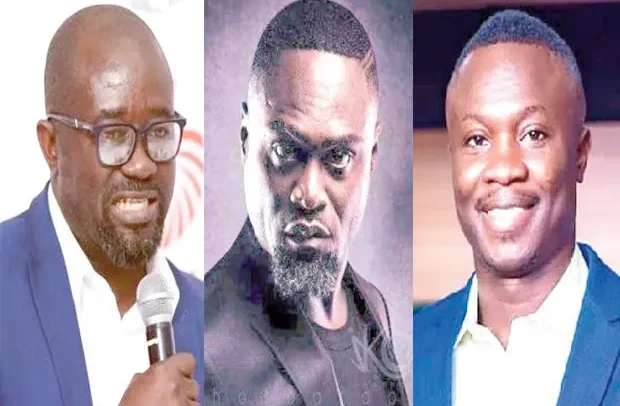
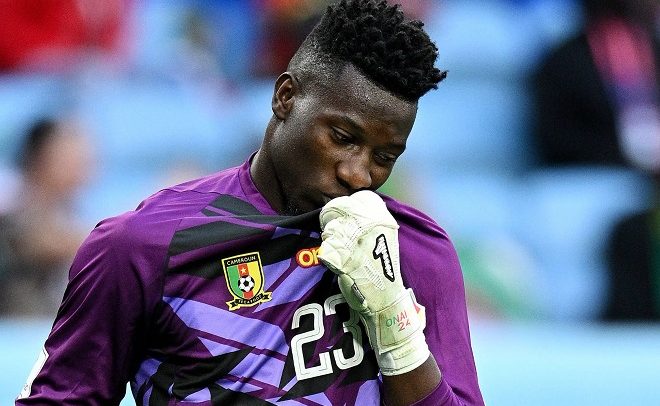

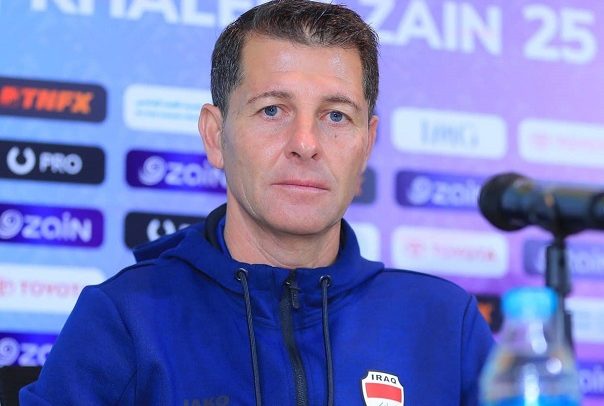
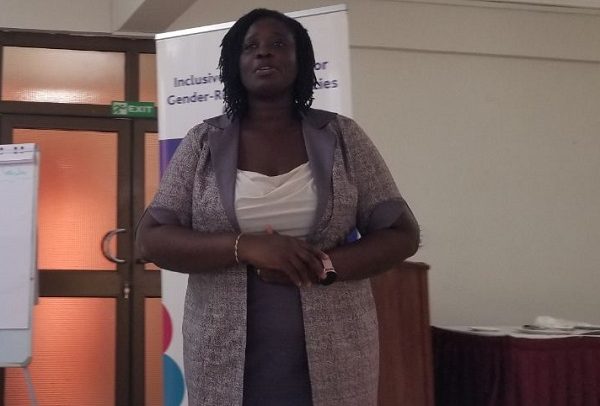



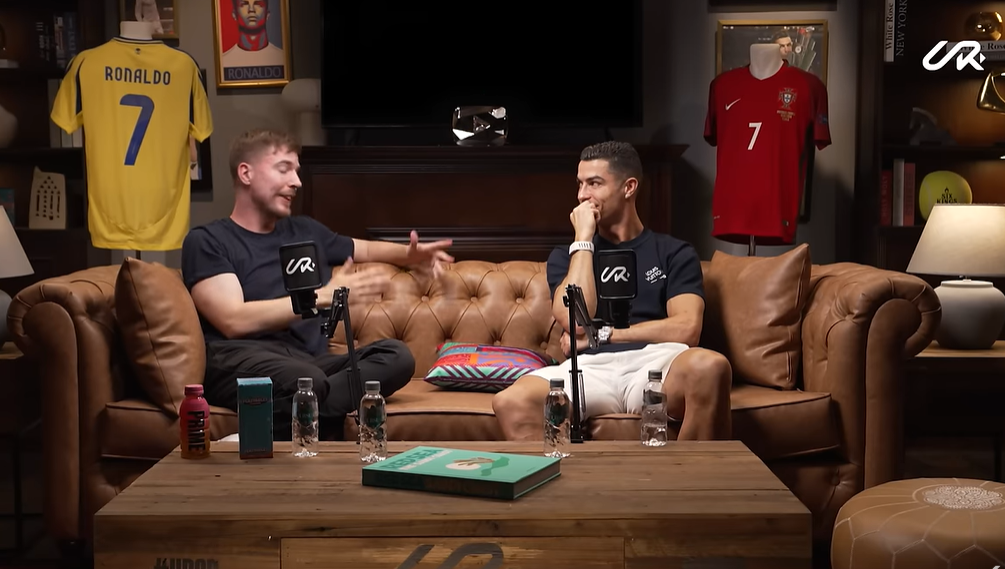

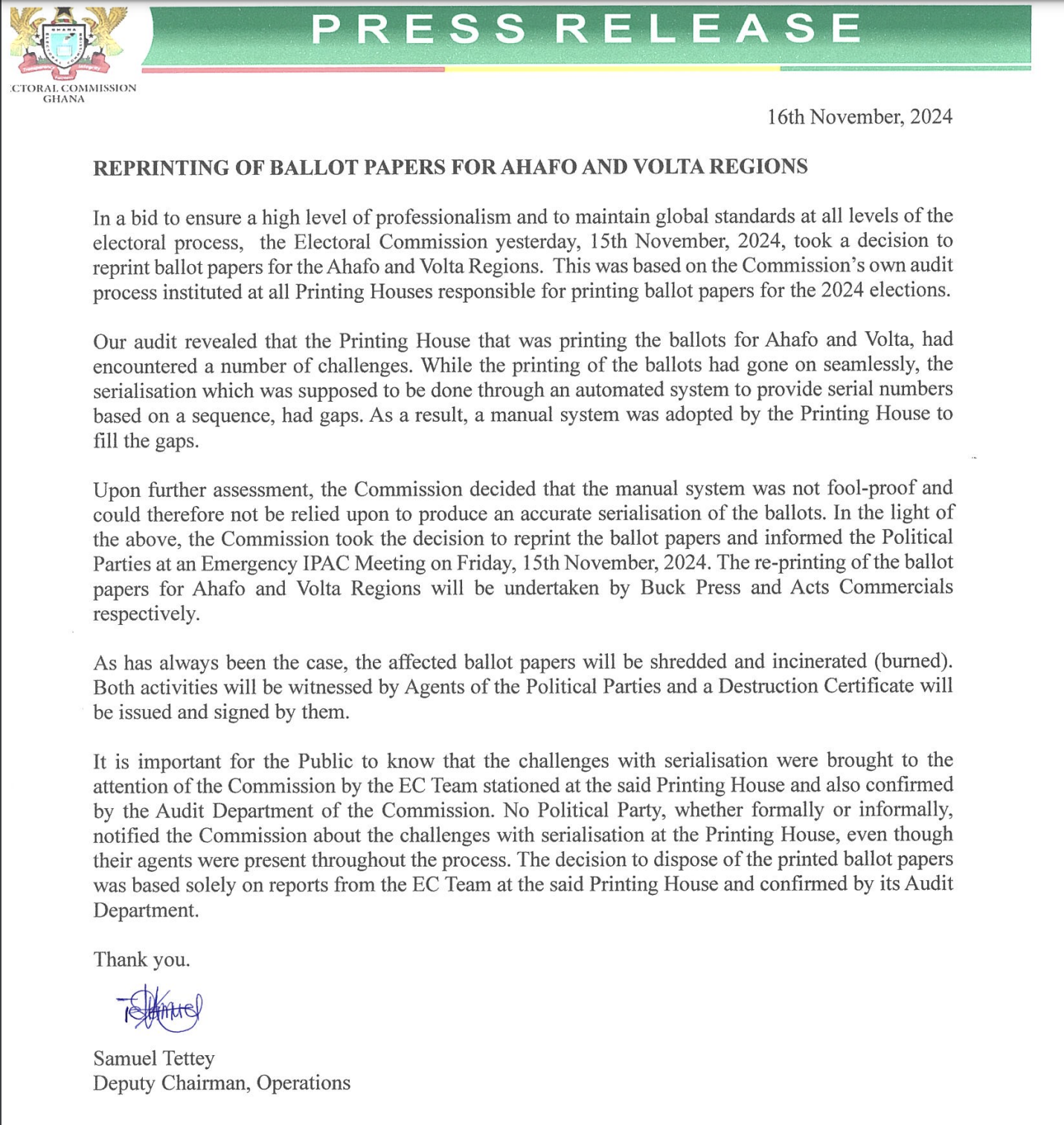



Facebook
Twitter
Pinterest
Instagram
Google+
YouTube
LinkedIn
RSS